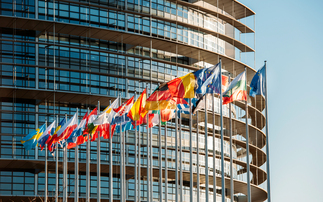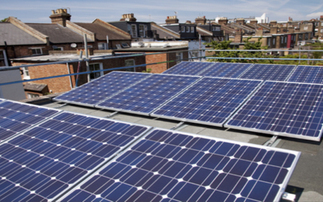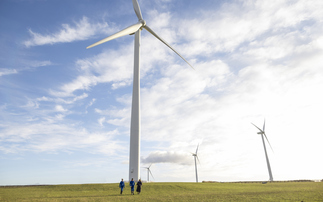New York Declaration delivers a series of major new commitments from governments and corporates
Businesses, world leaders, green groups and indigenous peoples have for the first time set a deadline to end net deforestation, in a bid to reduce billions of tonnes of carbon emissions each year.
The so-called New York Declaration, signed during the United Nation Climate Change summit today, pledges to cut the loss of forests in half by 2020 and end deforestation a decade later in 2030.
The move is expected to avoid the emissions of between 4.5 and 8.8 billion tons of carbon dioxide each year, equivalent to removing one billion cars from the roads at the upper end of the target.
In order to deliver on the pledge a number of countries and businesses have announced major new funding pledges, including a $300m commitment from Norway to help protect Peru's rainforests.
The UK also joined with Germany and Norway to push for large-scale economic incentives to protect forests in next year's Paris negotiations. They agreed to support up to 20 new programmes through the UN's REDD+ scheme that provides financial incentives for countries that reduce forest degradation.
Meanwhile, three of the world's largest palm oil producers pledged to work together on their recent commitments to end deforestation within Indonesia, marking a major step forward for corporate efforts to develop more sustainable supply chains.
In addition, the Democratic Republic of Congo, Ethiopia, Guatemala, Uganda and several other countries said they would make national pledges to restore over 30 million hectares of degraded lands, more than doubling the 20 million hectares already pledged to date under the previous Bonn Challenge.
UN Secretary General Ban Ki-moon, said the Declaration was a "bold pledge" that would help the UN move closer towards agreeing a successful deal in Paris next year.
"The New York Declaration aims to reduce more climate pollution each year than the United States emits annually, and it doesn't stop there," he said. "Forests are not only a critical part of the climate solution - the actions agreed today will reduce poverty, enhance food security, improve the rule of law, secure the rights of indigenous peoples and benefit communities around the world."










